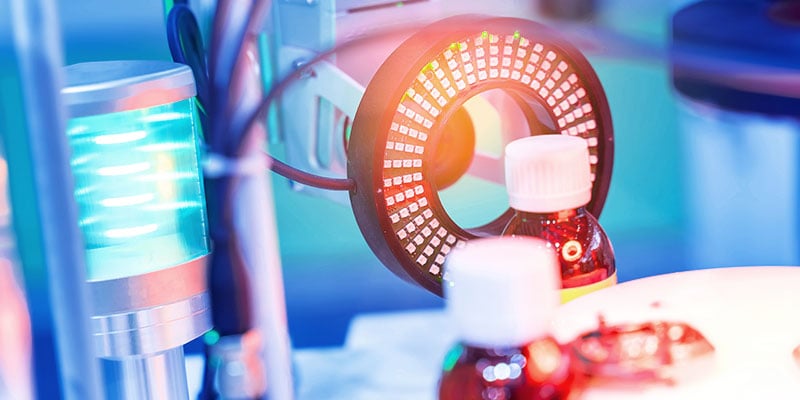 Leaders in the pharmaceutical industry are charged with evaluating supply-chain threats and ensuring that their medications are delivered in the exact conditions that is intended, to the right patients. Given the dangerous probability of harming legitimate patients in need of the right medication, pharma security professionals face the great responsibility of protecting controlled and uncontrolled substances from burglaries, robberies, subtle diversions, counterfeiting, and intentional adulteration.
Leaders in the pharmaceutical industry are charged with evaluating supply-chain threats and ensuring that their medications are delivered in the exact conditions that is intended, to the right patients. Given the dangerous probability of harming legitimate patients in need of the right medication, pharma security professionals face the great responsibility of protecting controlled and uncontrolled substances from burglaries, robberies, subtle diversions, counterfeiting, and intentional adulteration.
Taking this lightly could result in a breach in a manufacturer’s quality control process, which could prove to be deadly for the consumer as well as disastrous for the brand.
It is then paramount that people are able to trust their prescription drugs and pharmacies, which must do all they can to safeguard the integrity of their products, at every stage of the business, in addition to comply with the numerous regulations they are subject to from health organizations.
In order to do this, several drug manufacturing facilities are relying on bar codes and Radio Frequency Identification (RFID) technologies. However, others are taking their product security to the next level by using biometrics.
Biometrics offer a variety of features to ensure that only authorized personnel have access to proprietary materials. In fact, biometrics is a more efficacious solution compared to the traditional credential cards or keypads. These are some of the alternatives:
- Fingerprint identification
- Facial recognition
- Retinal systems
However, a comprehensive biometric system might include one or more identification devices or cards. Each card includes a RFID element, storing a first set of biometric data. This works in combination with a biometric reader, i.e. facial recognition, which contains the second set of biometric information. A comparison mechanism verifies both sets of data are a match, increasing the accuracy level of the system.
Fingerprint recognition technology uses fingerprint sensors that read below the surface layer of the skin. This makes sure that readings aren’t misreported by cuts or irregularities on the skin.
Facial recognition prevents unauthorized access to any of the manufacturing areas. The solution may add fingerprint identification for increased safety and can be implemented along with encryption, so all data stored or exchanged is not compromised during the transmission.
Retinal systems, nevertheless, come as the latest innovation for pharmaceutical industry safety. As employees are now mandated to wear masks at the workplace, due to COVID-19 guidelines, solutions that don’t depend on face recognition alone might adapt better to the world’s new normal. Iris ID solutions offer a powerful authentication system by associating a worker’s iris patterns to their license and certification data, ensuring that only permitted staff is accessing each production and distribution area.
Similarly, biometric solutions are as successful for verifying the identity of the recipient of the drug upon delivery. With the use of a comprehensive biometric system, manufacturers could corroborate that their medicines are sent to the proper consumers with the use of fingerprint geometry or retinal scans technology.
